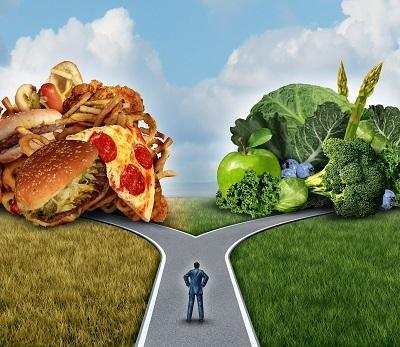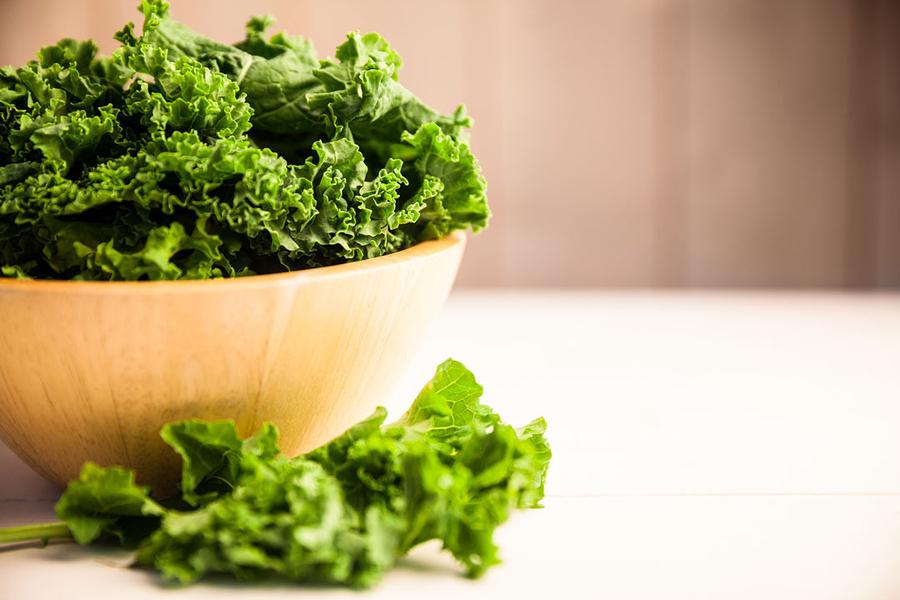Junk Food and Bone Health
The connection between junk food and poor bone development has been researched extensively with reports being presented in the popular journal, Osteoporosis International. The research has suggested that those who grow up within close proximity to several fast food establishments are more likely to consume junk food, and they have discovered a link between the presence of these food choices in the diet and poor bone development.
Whole Grains and Heart Health
Cardiovascular diseases are a leading killer all around the globe, claiming the lives of over 17 million people worldwide each year. That equates to three in every ten deaths. In the United States alone over 800,000 people die each year of this cause.
Calcium and Ageing: How Much is Enough?
As we age our risk of injury increases and we have to pay closer attention to how we take care of ourselves. Not only does it become more important to eat well and to exercise regularly, but we must also be more careful in general about the activities that we engage in. In order to protect ourselves from injury as we grow into our senior years, it is helpful to have a working knowledge of nutrition. This is because the nutrients that we consume play a huge role in maintaining our health, fitness and range of functions.
Are We Overhyping Calcium and Vitamin D?

Read more
Support Your Exercise by Avoiding These Foods
Motivating yourself to go to the gym can be tough but the benefits for your health can’t be denied! Whether you are in it for the cardio, the weight lifting or a great combination of the two, your body will thank you in so many ways as your training develops. Your diet plays a huge role in the success of your workout efforts and it is important not to sabotage yourself by making unhealthy food choices.
The Anti-Inflammatory Diet

Inflammation is a protective response of our body, towards injury, a normal immune response, and necessary for healing. In some persons, this response continues non-stop and damages healthy tissues, blood vessels or joints; this is known as chronic inflammation. For example, in people with Type 2 diabetes, cancer, digestive illnesses, lupus, joint problems, their own immune system is harming them. This is true for a plenty of heart and brain diseases, while one’s risk is increased with Alzheimer’s disease. These are called as auto-immune diseases.
A lot of data is available on the anti-inflammatory diet, be it
Read more
Microbes: Powerful Nutritional Allies

Microbes, small and ancient life forms, play a key role in maintaining life on Earth. Life is impossible without microbes. To study the basic mechanism of how these microbes help metabolism, fruit fly-Drosophila melanogaster was used, as it is simple and easy to study.
Vegan Diets May Reduce Cancer Risk

Colorectal cancer, or colon cancer, rectal cancer or bowel cancer, is the development of cancer in the large bowel.
Read more
Oranges for Health: to Eat or Drink?

Apart from vitamin C, oranges are a great source of dietary fiber, vitamin B1, pantothenic acid, vitamin A, folate, calcium, copper and potassium. But whether should you eat the fruit or drink its juice is the burning question today. In your morning breakfast, after the gym, or as a serving to a guest, orange juice is an all time favorite. We always carry the guilt of not eating the fruit in its natural form and depriving the body of essential dietary fiber though. Is there a need to feel guilty at all? We have always heard from grandmothers and nutritionists that eating oranges is better than opting for a serving of squeezed juice.
Read more
Vitamin D Winter Woes? Beat them Now!

Read more








